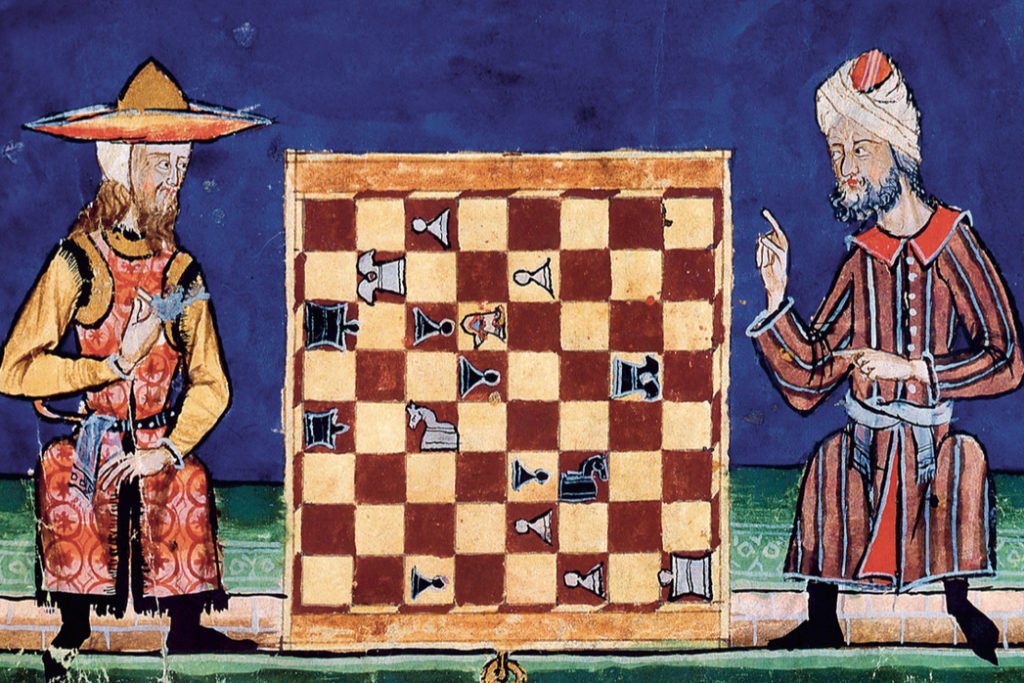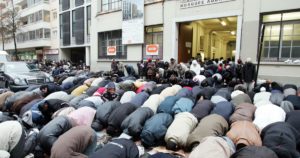Research & Studies

Europe’s growing Muslim population has become a subject of debate and controversy over the past decade. Several factors have contributed to the heightened attention on the question of Islam in Europe and, correspondingly, to misconceptions surrounding that question. One is the reoccurring crisis of serious jihadi terrorism across the European space; another is the unruly behavior, if not outright criminal activities, of economic opportunity seekers disguised as refugees. Although Europe had a long history of co-existence and exchange with Islam, and although the current European discourse on Islam is significantly shaped by received notions from that long history, the present considerations are notably different from those of the past.

The main question now is whether Muslim communities in Europe are able and willing to integrate into European society?
The appeal of Muslim particularism seems to be on the rise, particularly among the Muslim population in Western Europe. At present the broad apprehension in European public opinion is heightened by the existence of immigrant groups that are unable or unwilling to integrate. In approaching that question, a distinction will be made between “visible” and “invisible” Muslim communities in the European context. It will be argued that while the “invisible” (integrated) Muslims do not attract much attention, the “visible” communities place cultural differences in bold perspective and thus reinforce the popular perception in Europe of associating Muslim communities with jihadi culture. In this respect, the isolationist and particularist influences of the so-called Muslim intellectuals reinforce the sense of separateness among European Muslims, a point that will be emphasized in the lecture.
Lecturer: Ahmet Evin (Sabanci University, IASK)